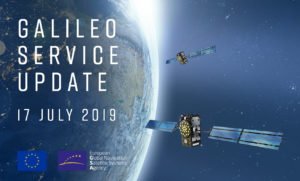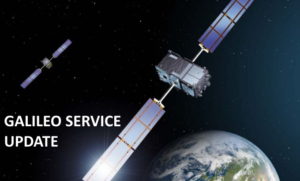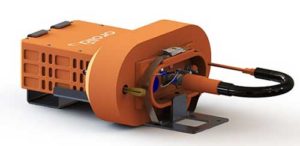A team of experts European GNSS Agency, industry, the European Space Agency and the European Commission is currently implementing and monitoring recovery actions for an incident related to the Galileo ground infrastructure that resulted in a temporary interruption of the Galileo Initial Services. The key objective is to restore the Galileo navigation and timing services for users as soon as possible.
On 12 July, Galileo initial navigation and timing services were interrupted temporarily. The Galileo Search and Rescue service remains operational. Read more…




